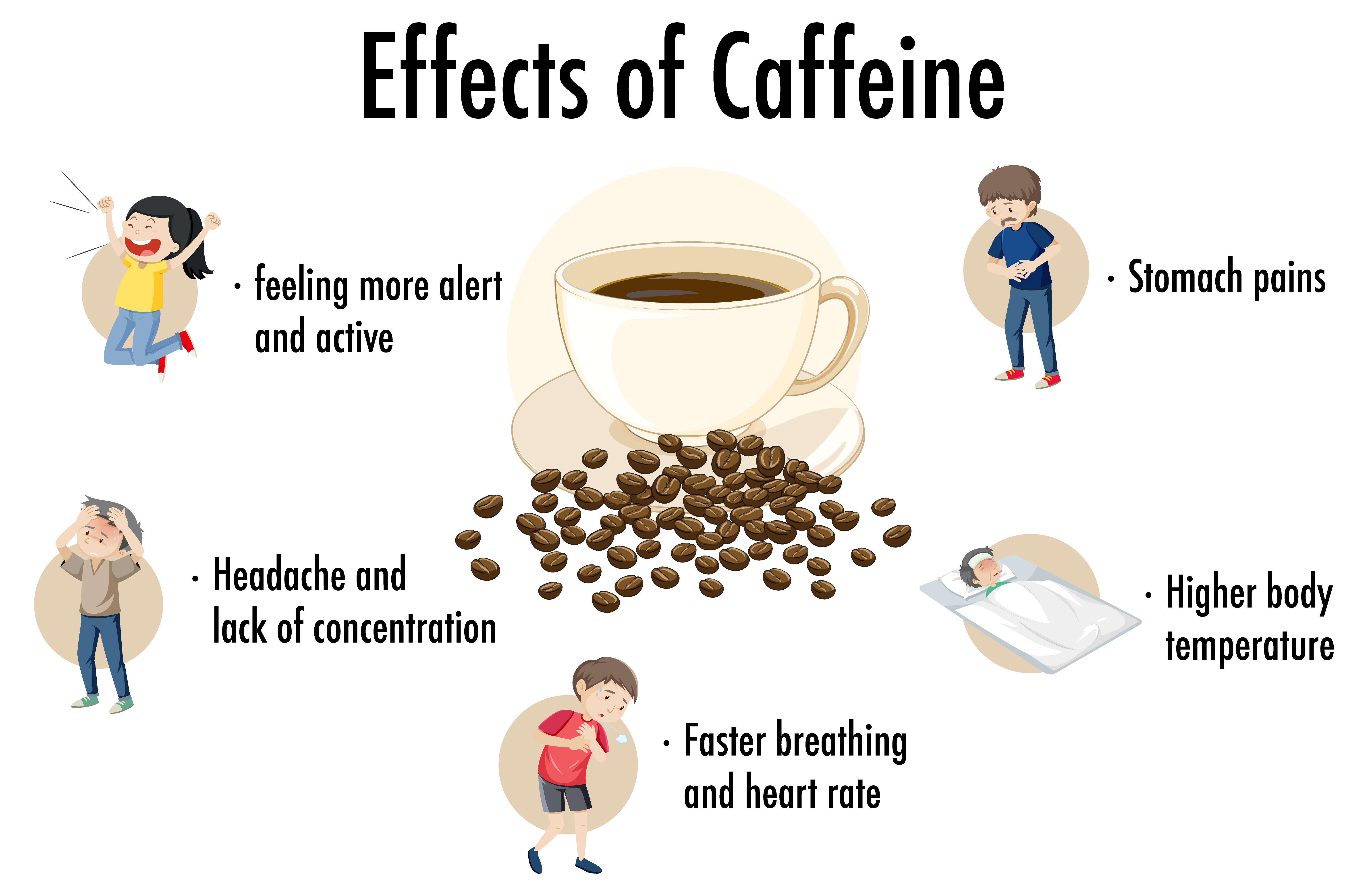

To manage withdrawal symptoms and make the detox process more comfortable, consider these tips: If symptoms persist, consider seeking medical advice. However, in rare cases, some individuals may experience prolonged withdrawal symptoms, such as lingering fatigue or mood changes.

Expect to see a decrease in headaches and an improvement in mood and energy.īeyond a month: For most people, withdrawal symptoms will have subsided by this point. Gradual symptom improvement occurs as your body adjusts to the absence of caffeine. Weeks 2-4: The light at the end of the tunnel. You may experience more intense caffeine withdrawal headaches, extreme fatigue, irritability, and difficulty concentrating. For example, you might experience slight tiredness, dizziness, or a mild headache.ĭays 2-9: Brace yourself! Withdrawal symptoms typically peak during this period. You will notice the first symptoms within 12-24 hours after your last drink containing caffeine, but they’re usually mild. Here’s a general timeline of what to expect when you quit caffeine:ĭay 1: The calm before the storm. Flu-like effects, like muscle aches, chills, or nauseaĬaffeine Withdrawal Timeline: From Day 1 to Caffeine-Free BlissĬaffeine withdrawal can vary in duration and intensity depending on factors like your caffeine intake and individual sensitivity.Mood changes, such as irritability, anxiety, or depression.Common symptoms of caffeine withdrawal include: Understanding caffeine withdrawal symptoms is crucial when attempting to reduce or quit caffeine. What happens to your body when you quit caffeine?Ĭaffeine Withdrawal Symptoms and Timeline.Can caffeine stay in your system for days?.How long does caffeine withdrawal last?.Detoxing Your Body from Caffeine: A Step-by-Step Guide.Caffeine Withdrawal Timeline: From Day 1 to Caffeine-Free Bliss.Caffeine Withdrawal Symptoms and Timeline.The goal here is to reduce the intake of caffeine while keeping your energy levels up. Get extra sleep to fight and try going on a run every morning to naturally boost energy. If you’re quitting caffeine then you need to develop a habit of drinking at least 8 cups of water a day.Īnother thing you can do to prevent headaches and fatigue is getting plenty of rest. Replacing caffeine with water will reduce your risk of getting dehydrated. To reduce the risk of a migraine or a headache, keep yourself hydrated. One of the major symptoms of caffeine withdrawal is a headache. You can try reducing the amount of caffeine in your coffee or tea by replacing half of it with water or you can limit the number of cups per day. Slowly, start to reduce your caffeine intake while keeping your notes. This will help you keep a note of your caffeine intake and how much you need to cut back. You can also write down any prescription or supplements if they have caffeine in them. Write down the foods and beverages you are taking that have caffeine in them. You can also start by maintaining a diary to keep track of your caffeine intake. Replacing your caffeinated beverages with these products will help you reduce dehydration, dizziness, fatigue, and nausea. You can also try replacing caffeinated beverages with caffeine-free beverages such as: While this might take weeks or even months to quit caffeine, it will eventually work. Start by reducing caffeine slowly day by day. Gradually Replacing Caffeinated Food & BeveragesĪ very good and effective way to limit your caffeine intake is to reduce the intake. Sometimes, people go back to caffeine to soothe these symptoms which makes quitting that much harder. If you’re someone who is a high caffeine drinker, then you’ll most likely experience these symptoms more intensely than an average caffeine drinker. These symptoms begin within the first 24 hours of quitting caffeine and can stay with you for 2-10 days. Headaches are the most common withdrawal symptom that you’ll experience if you quit caffeine. The symptoms can range from mild to severe depending on your daily intake.Īlso Read: Are You Sensitive To Caffeine? | Here’s What You Need To Know Caffeine Withdrawal Symptoms You can develop the symptoms of caffeine withdrawal even if you skip your daily morning coffee. In the American Psychiatric Association’s DSM-5, caffeine addiction and caffeine withdrawal are classified as mental health disorders.


 0 kommentar(er)
0 kommentar(er)
